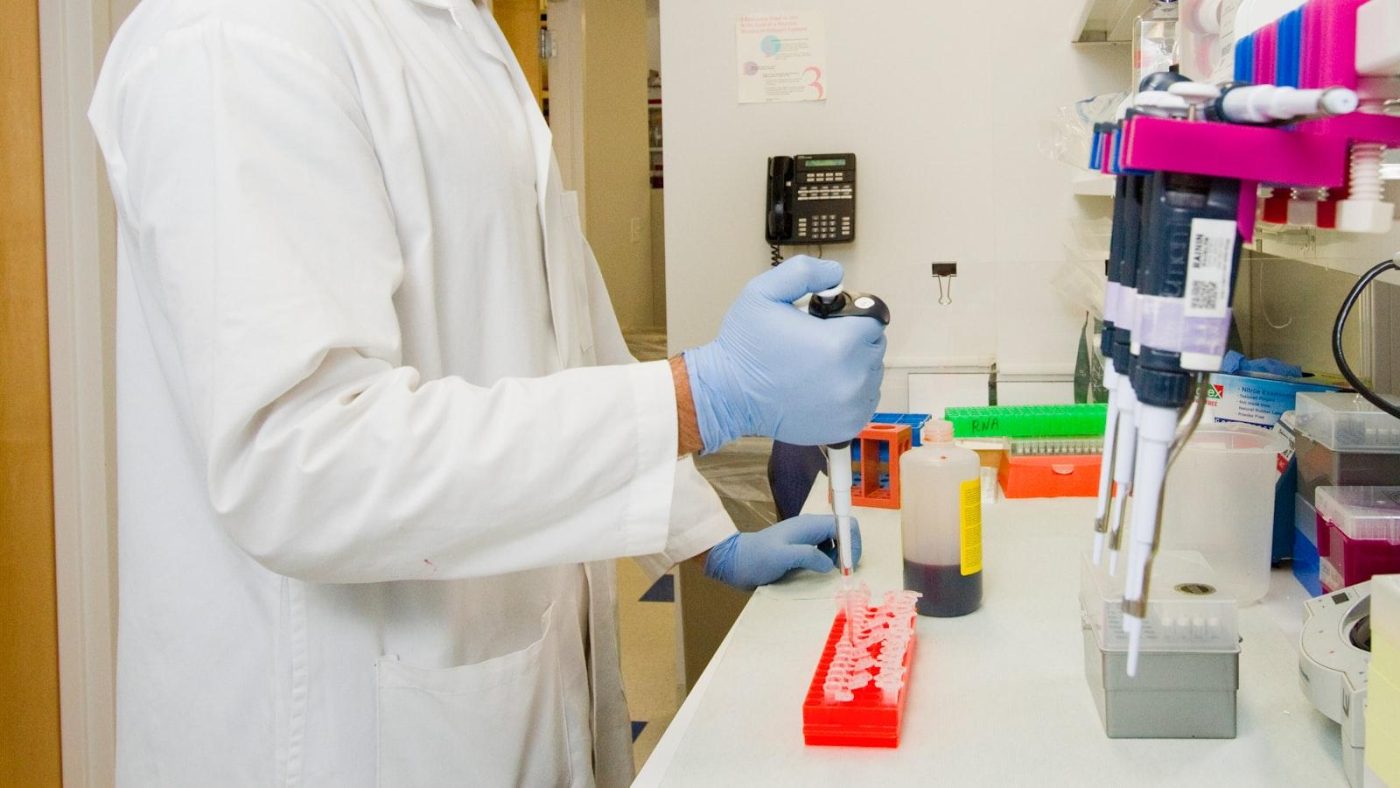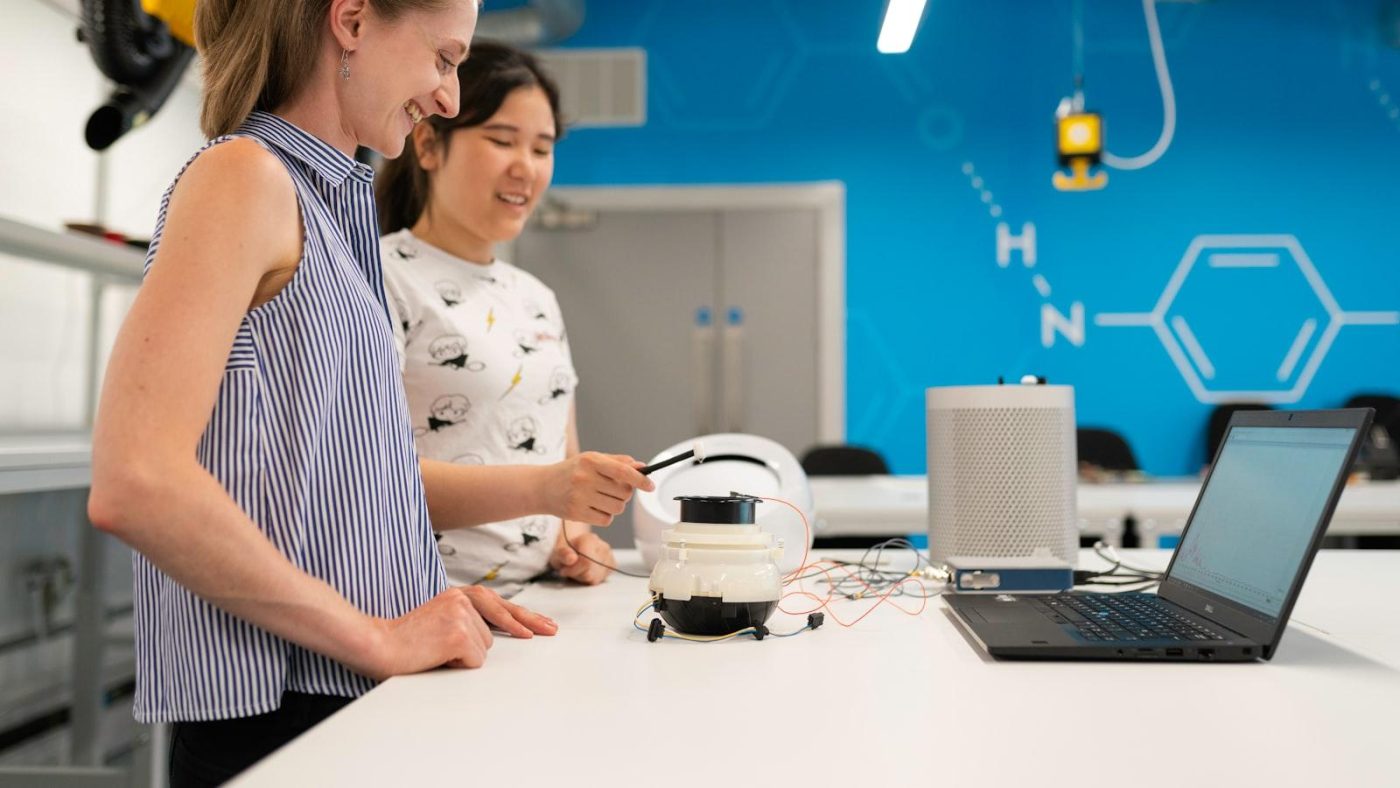In today’s fast-paced technological landscape, Quality Assurance (QA) engineers play a crucial role in ensuring the smooth functioning and quality of software products and applications. QA engineers are responsible for testing software products, identifying bugs and issues, and ensuring that the final product meets the desired quality standards. To excel in this role, QA engineers need a diverse set of qualifications and skills.
Qualifications:
- Bachelor’s degree in Computer Science, Information Technology, or a related field.
- Certification in software testing, such as ISTQB or CSTE, can be a plus.
- Experience with QA methodologies and tools.
- Strong knowledge of programming languages, such as Java, Python, or C#.
- Familiarity with software development processes, including Agile and Waterfall methodologies.
Skills:
- Attention to detail: QA engineers must have a keen eye for detail to identify and report bugs effectively.
- Analytical skills: QA engineers need to be able to analyze complex software systems and identify potential issues.
- Communication skills: QA engineers must be able to communicate effectively with developers and other stakeholders.
- Problem-solving skills: QA engineers need to be able to troubleshoot issues and find solutions efficiently.
- Technical skills: QA engineers should have a good understanding of software testing tools and techniques.
Benefits of being a QA Engineer:
- Job stability: With the increasing demand for software products, QA engineers can enjoy long-term job stability.
- Competitive salary: QA engineers typically earn competitive salaries, reflecting the importance of their role in the software development process.
- Career advancement: QA engineers can advance to roles such as QA lead, QA manager, or even move into software development roles.
- Contribution to quality products: QA engineers play a crucial role in ensuring that software products meet high-quality standards, making a significant impact on end-users.
Practical tips for aspiring QA Engineers:
- Stay updated on industry trends and technologies to enhance your skills.
- Build a strong portfolio of projects and certifications to showcase your expertise.
- Network with professionals in the industry to learn from their experiences and stay informed about job opportunities.
In conclusion, QA engineers play a vital role in ensuring the quality of software products and applications. To excel in this field, aspiring QA engineers need to possess the right qualifications and skills. By continuously honing their skills, staying updated on industry trends, and networking with professionals, QA engineers can build a successful career in the field of software quality assurance.










